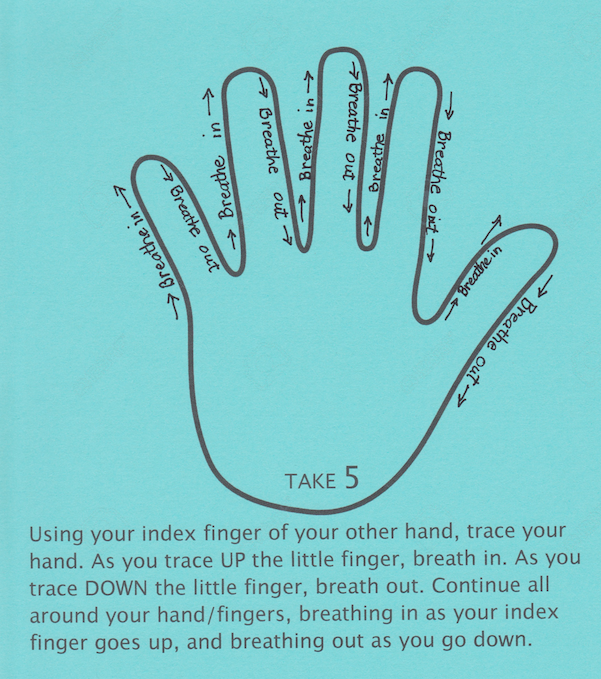Astrid-X
New Member
Hi everyone, hope you all are staying safe during this pandemic 
I am a female with a masters degree in psychology (not licenced but educated on how to conduct research). I am approaching the end of my 20's. And I am kind of a newbie to my diagnosis (Awaiting the official one). Been having a tough time with it and apparently I am experiencing something called Autism Burnout.
I need to work because, well I have to pay my bills and live. However my burnout is a bit severe for now. I cannot deal with friends, family or other people. I know myself and I will probably recover from my depression and burnout in few months. But I am afraid I will get burned out again if I go out and try to find a new "typical" job again.
My friends tell me that I am very smart and that I have alot of potential but I think that I have gaps in my skill set. I can be slow, I need time, autonomy and I love to hyperfocus on a topic or interest. Not good with stress, multitasking or alot of negative feedback in a workplace. I think I am good at analyzing social/psychological systems and I can write pretty well. I love learning new things and my main hobby is video games.
I think I can do well with a Phd or research in general. However, these kind of environments are usually highly competitive and I don't do well with that. I love a work environment where people are honest, have integrity and support each other.
The best for me is to find employment where I work from home, self-employed or work mostly alone but I am just not sure what jobs I can do. That's what I need help brainstorming with.
Thank you for listening and hope you have a great day.
I am a female with a masters degree in psychology (not licenced but educated on how to conduct research). I am approaching the end of my 20's. And I am kind of a newbie to my diagnosis (Awaiting the official one). Been having a tough time with it and apparently I am experiencing something called Autism Burnout.
I need to work because, well I have to pay my bills and live. However my burnout is a bit severe for now. I cannot deal with friends, family or other people. I know myself and I will probably recover from my depression and burnout in few months. But I am afraid I will get burned out again if I go out and try to find a new "typical" job again.
My friends tell me that I am very smart and that I have alot of potential but I think that I have gaps in my skill set. I can be slow, I need time, autonomy and I love to hyperfocus on a topic or interest. Not good with stress, multitasking or alot of negative feedback in a workplace. I think I am good at analyzing social/psychological systems and I can write pretty well. I love learning new things and my main hobby is video games.
I think I can do well with a Phd or research in general. However, these kind of environments are usually highly competitive and I don't do well with that. I love a work environment where people are honest, have integrity and support each other.
The best for me is to find employment where I work from home, self-employed or work mostly alone but I am just not sure what jobs I can do. That's what I need help brainstorming with.
Thank you for listening and hope you have a great day.

